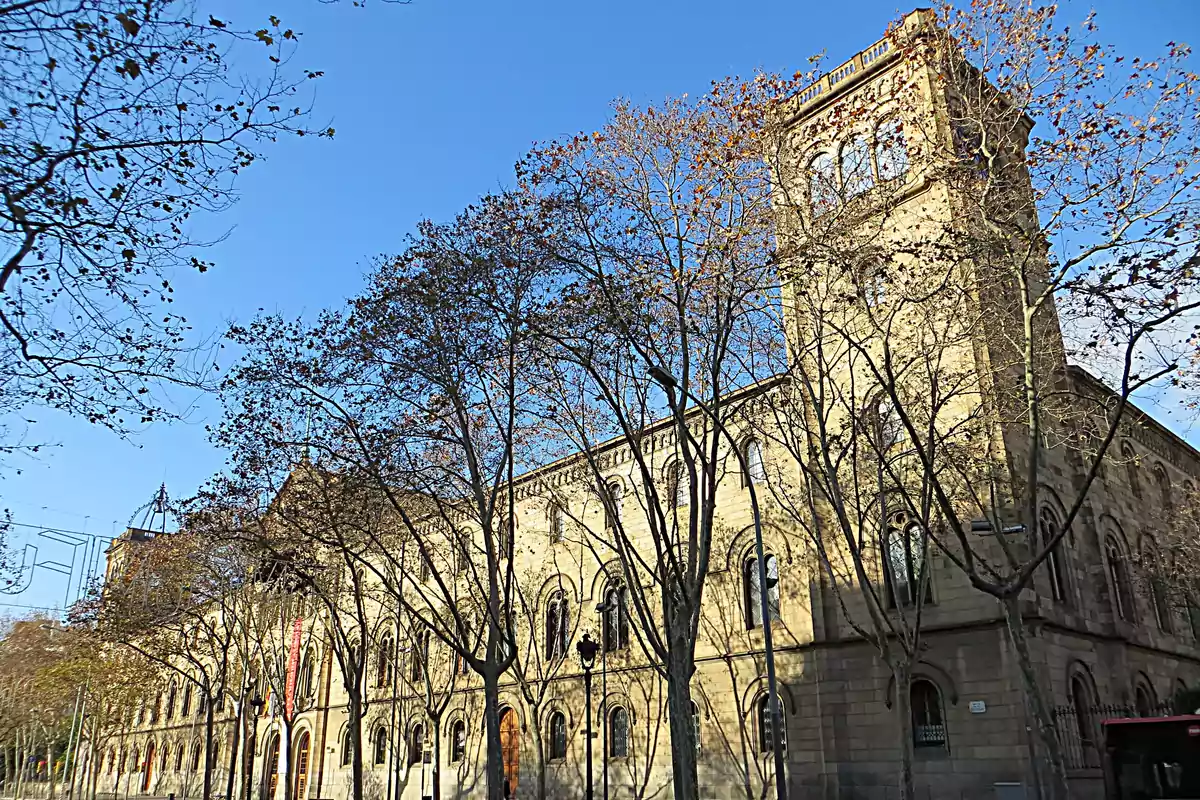
A 'gender violence specialist' was accused of at least 14 sexual assaults
A progressive professor at the University of Barcelona specializing in gender-based violence was accused of rape by at least fourteen women
The case of Ramón Flecha, a prominent academic and self-proclaimed defender of feminism, has exposed a sexual abuse scandal that highlights a systematic pattern of manipulation and exploitation in environments associated with advocates of equality and feminism.
According to various testimonies, Flecha used his position of power as a professor to gain the trust of his female students, presenting himself as a visionary of feminism, then exerting psychological and hierarchical pressure with the aim of obtaining sexual favors.
This case, which adds to other similar scandals in the realm of political progressivism, reveals deeply rooted dynamics of abuse in contexts of power inequality.
The victims describe a clear modus operandi: Flecha emotionally manipulated his female students, using his authority to create an environment of dependency.

Some report having been forced to perform acts such as massages while nude or to write emails detailing sexual encounters, under the pressure of his influence.
The accounts point to a system of rewards and punishments: those who complied with his demands received benefits such as scholarships, professional opportunities, or academic recognition, while those who resisted faced humiliation, exclusion, or psychological pressure.
This scheme of coercion, sustained by academic hierarchy, demonstrates how the power of these figures can distort relationships and perpetuate abuse. Flecha's case is not an isolated incident, but rather part of a series of sexual scandals that have shaken sectors of political progressivism in Spain.

Recent examples include the accusations against Íñigo Errejón, former leader of Más Madrid, and cases of sexual harassment in parties such as CUP and PSOE. These episodes have caused an intense debate about the contradiction between the progressive values these actors claim to defend and the abusive behaviors they perpetuate.
In many cases, the feminist or egalitarian discourse has been used as a façade to cover up predatory behavior, which worsens the harm to the victims and erodes trust in these organizations.
The seriousness of these allegations underscores the need to address power dynamics in academic and political institutions. Sexual exploitation in contexts of hierarchical inequality not only constitutes a violation of the victims' rights, but also calls into question the mechanisms of accountability and prevention in these environments.
This case reinforces the importance of implementing effective measures to protect vulnerable individuals, ensure transparent investigations, and sanction those responsible, regardless of their position or prestige.

More posts: